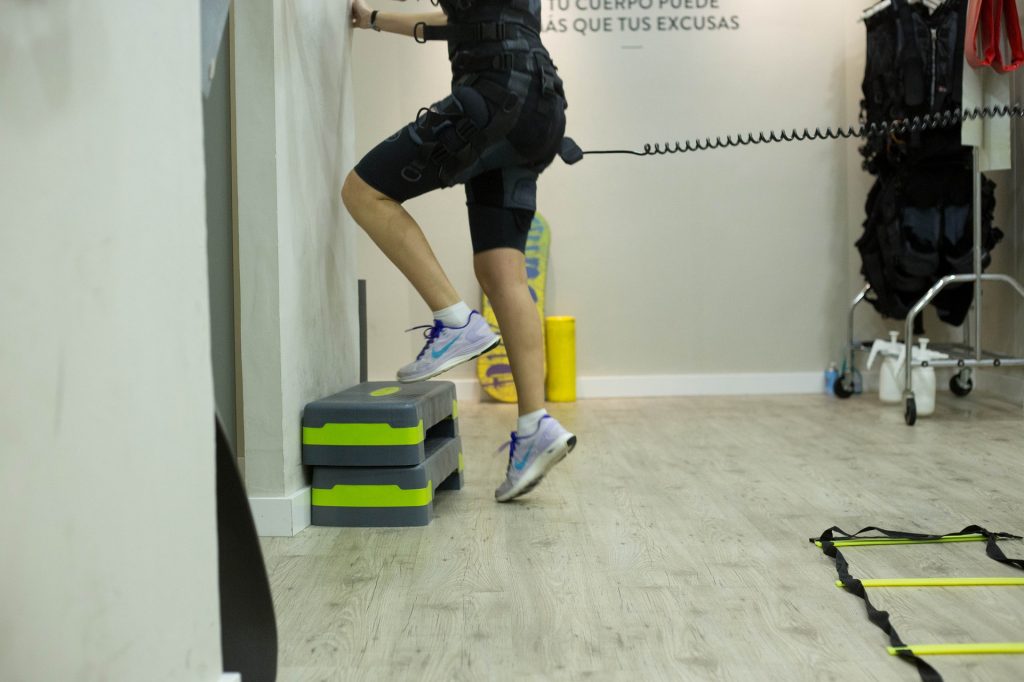Why?
At Torbay and South Devon NHS Foundation Trust over 400 shoulder operations are performed every year. There is a standard post-operative exercise programme protocol consisting of information sheets and follow up appointments led by the physiotherapist teams across the region.
A case was put forward that it was not necessary for post-operative patients to attend all physiotherapy appointments as some may be confident following instructions via a web based resource that could be accessed remotely, regularly and in the comfort of their own home. Managing post-operative care in this way could help reduce the number of face to face appointments physiotherapists hold on a daily basis.
It was also identified that there was a need to make post-operative information consistent for both patients and clinical staff across the region, giving everyone an easy reminder on which exercises are relevant at each stage of rehabilitation.
What?
13 videos were produced for the Shoulder Exercise Programme and one for Massive Cuff Tear Rehabilitation (non-operative management) scripted by three clinicians from the local team. A sample is shown below but the whole series can be viewed on the Trust’s public facing website.
How?
Patients are introduced to the videos on the day of their surgery (or first out-patient appointment if non-operative) so that they can take home accurate information to aid their recovery and rehabilitation. They are given a web address to view the video and a QR code which can be scanned from a phone or tablet.
Printed information sheets with screen shots taken from the videos are also being used, providing the same professional and consistent advice to those not able to access the digital media.
Patients are advised to progress onto the next stage when feeling comfortable to do so and to then make an appointment when they need to discuss something in particular. This eliminates the need for them to come in at each and every stage of their rehabilitation process.
They are however made aware that should something unexpected happens, or they need to talk to a physiotherapist, they are able to contact the team and come in for an appointment.
Results
To date, our statistics show that the videos within the series have been watched, on average, 300 times each a month, with some of them, including the ‘Massive Cuff Tear Rehabilitation’, ‘Overview of the Shoulder Exercise Programme’ and ‘Flexion Stage 1’, having been viewed over 2,500 times each.
Since introducing the videos into the rehabilitation programme, an encouraging number of patients have been happy progressing through the set post-operative rehabilitation stages themselves and seem confident applying the information provided in the videos. When the time came to attend their out-patient appointment, these patients had familiarised themselves with what to do and were ready to progress to the next stage quite easily.
Feedback
‘The videos make us look very professional and patients seem to be very impressed with them. Not only have they helped us reduce the time we were spending on appointments, but they are also a great way to provide instructions to relatives and carers who may not have been able to visit at the appropriate times’. Frances Hunt, Clinical Manager for Physiotherapy Out Patient Services Torquay, Paignton and Brixham
‘The videos are being accessed by therapists spread over 7 different sites. We now have a consistent core message given to everyone across the patch so wherever the patient is from, they will get the same message and the same core sets of exercises’. Raju Ramesh, Consultant Orthopaedic Surgeon
What you can do
If you’re interested in finding out more about using these videos within your own department, call 01626 833937 or email [email protected]

